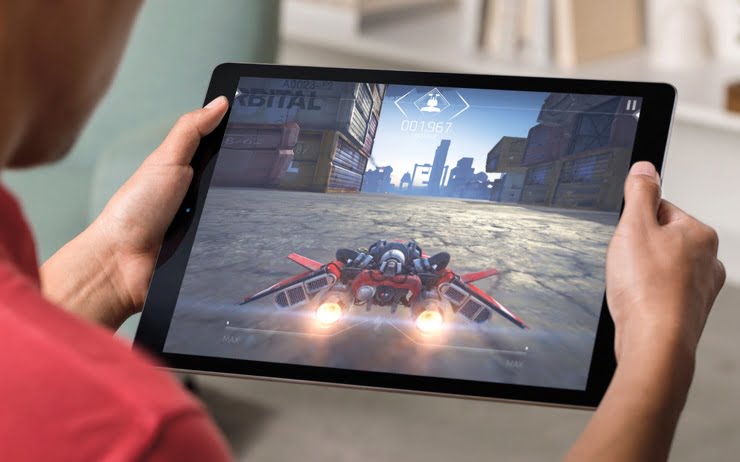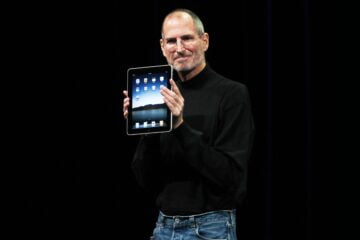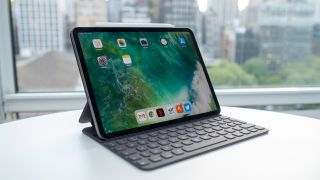
Apple is taking a page from the Microsoft book of Surface 2-in-1 device success, as the tech giant looks to rebuild iPad growth across the tablet market.
As outlined through Strategy Analytics’ research, the iPad Pro is putting Cupertino on the path to recovery with prices trending six per cent higher year-on-year and shipment growth down only six per cent in Q3 2016.
Contraction in the global tablet market outpaced Apple’s, falling 10 per cent during the quarter but average selling prices (ASPs) were up slightly higher at seven per cent due to many more vendors shifting resources toward 2-in-1 tablets and away from traditional slates.
“Microsoft has led a transformation in the tablet market with its Surface Pro and Surface Book,” Strategy Analytics service director of tablet and touchscreen strategies, Peter King, said.
“Apple is now reliant on iPad Pro for tablet and laptop replacement, while many other PC OEMs abandon Android Slates in favour of more expensive 2-in-1 Windows tablets for better productivity and versatility.”
Preliminary analysis of vendor performance in during the third quarter has shown that Samsung, Asus, and the white box community of vendors continue to lose ground to newer players in the market, while Apple stabilises its iPad business.
Meanwhile, Lenovo has bounced back and forth between positive and negative growth in 2016 as it faces fierce competition in Asia from its arch rival, Huawei.
In addition, Amazon has achieved strong sales of its $49 7-inch Fire tablet, reaching a broad range of consumers looking for an entertainment tablet with key content tie-ins to the growing Amazon ecosystem.
“Even as strong 2-in-1 tablet demand contributes to rising ASPs, prices are falling for these devices into a sweet spot where consumers can now justify replacing one or more computing devices with a single 2-in-1 tablet,” Strategy Analytics senior analyst, Eric Smith, added.
“The wave of growth we expect in the next several years is based on this trend as well as hastened adoption among enterprises over the next several years.”
Operating system
Market share among operating systems in the tablet market continue to shift away from Android toward Windows as tablets transform from pure entertainment devices to everyday computing devices capable of completing most tasks for consumers.
Business use cases for tablets are multiplying too, as mobility becomes more important and touch eases its way into workflows.
Furthermore, Apple iOS shipments (sell-in) fell six per cent annually at 9.3 million iPads in Q3 2016 leaving it with a worldwide market share of 20 per cent of the tablet market.
Delving deeper, ASPs climbed six per cent year-on-year to $US459 as a higher mix of premium Pro devices boosted revenue.
According to findings, Android-branded vendors shipped 30.1 million units among them worldwide in Q3 2016, down 17 per cent from 36.0 million a year earlier and down one per cent sequentially.
Market share has fallen to 65 per cent as high growth of Windows tablet shipments squeeze Android tablets.Windows shipments grew 25 per cent year-on-year at 7.3 million units in Q3 2016, from 5.8 million in Q3 2015, reaching 16 per cent market share.
[Source:-ARN]



